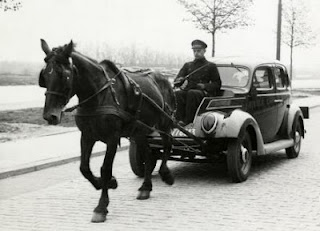List of frequently used academic words

Have you heard of corpus linguistics ? Corpus linguistics proposes that reliable language analysis is more feasible with corpora (samples) collected in the field, in their natural contexts, and with minimal experimental-interference. How did it all start? A landmark in modern corpus linguistics was Henry Kučera and W. Nelson Francis's Computational Analysis of Present-Day American English (1967). This work was based on the analysis of the Brown Corpus, a carefully compiled selection of about a million words, drawn from a wide variety of sources in current American English How did technology help? The first computerized corpus of one million words of transcribed spoken language was constructed in 1971 by the Montreal French Project. This effort inspired Shana Poplack's much larger corpus of spoken French in the Ottawa-Hull area The analysis of academic writing shows that there are many frequently used words and phrases : a form of...


